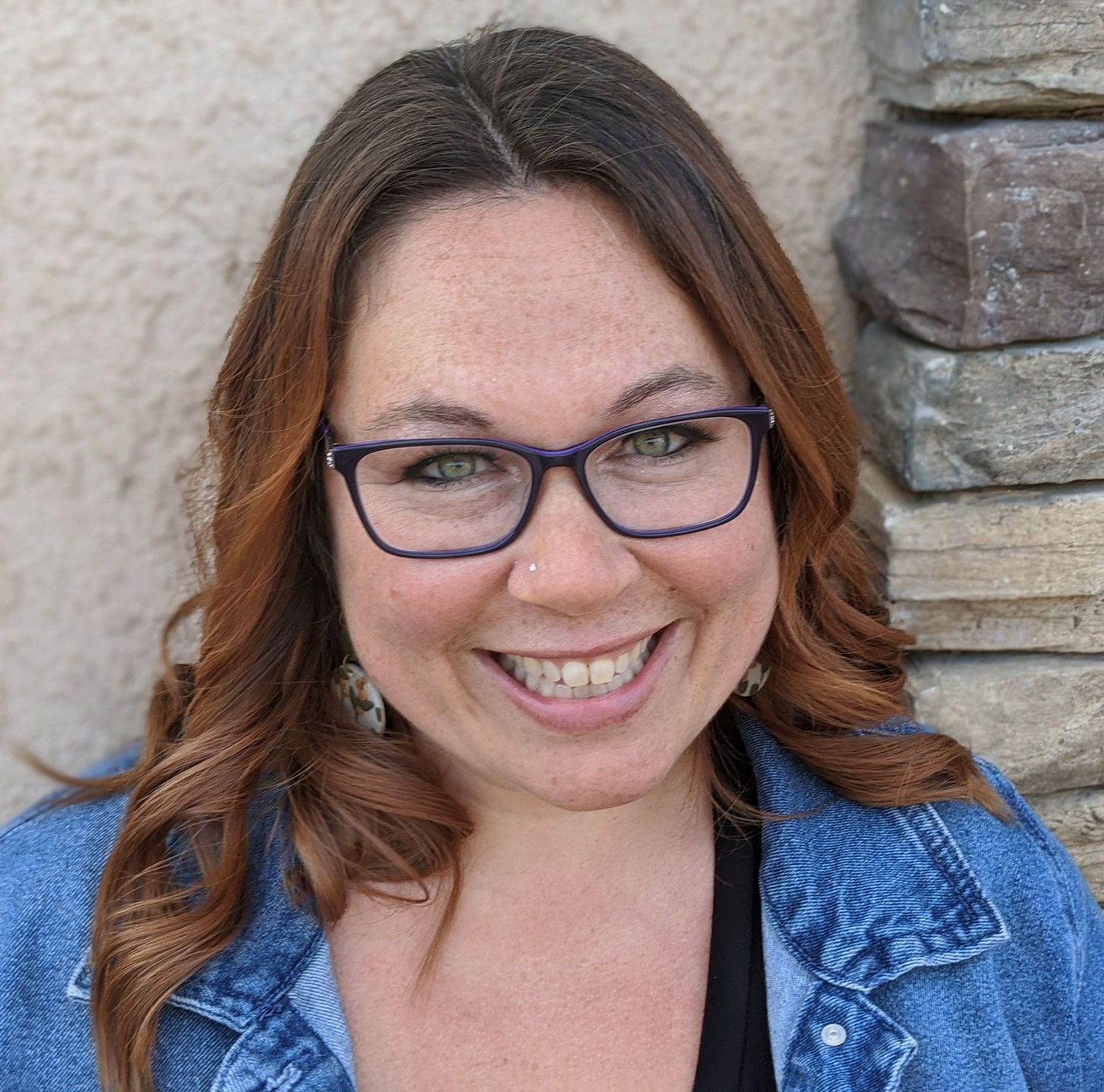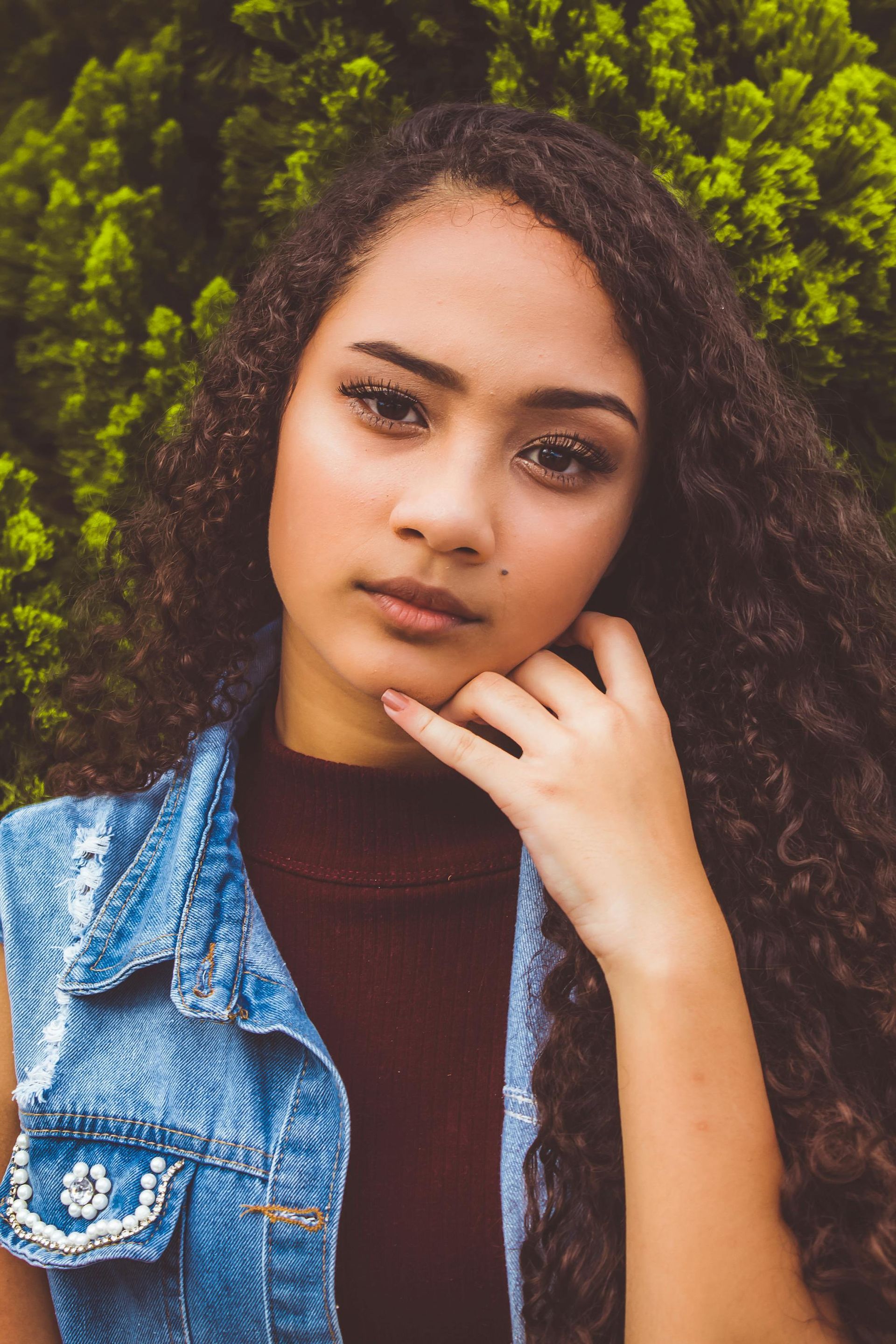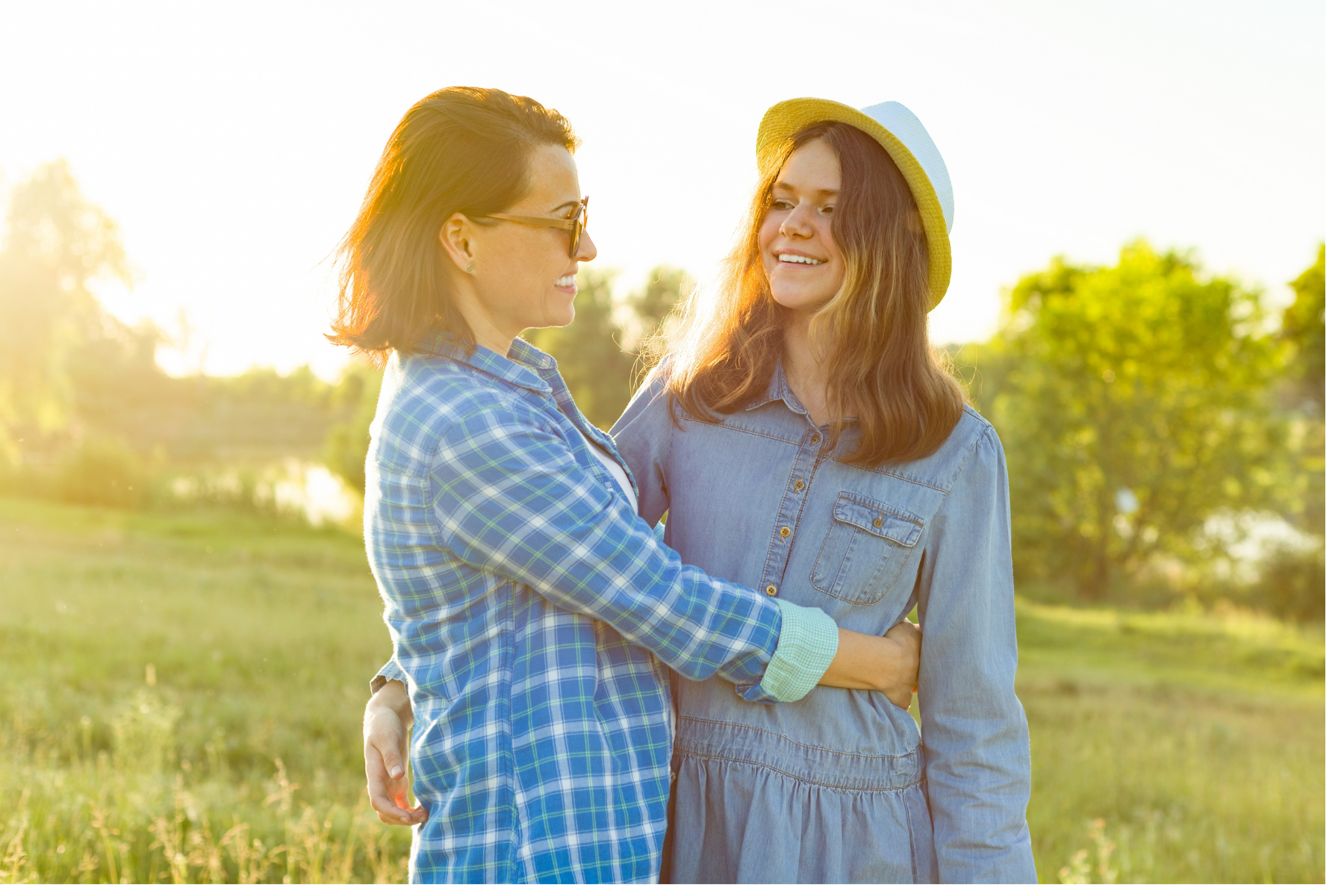How much should I tell my kids about scary world events?

One of the hardest parts of parenting in 2022…
Not just dealing with the reality of what is happening, but trying to figure out how to, or if you should, and if you should - then how much to, tell your kids about what’s going on.

Always pair the big-scary with actionable steps that make your kids feel like they can make a difference.
There's no perfect right answer for how much to share with your kids about the big and scary things in the world.
Lots of times - you don't even have a choice. They hear it. They know it.
But if you are given the opportunity for this decision - here are the three questions I want you to stop and ask yourself.
- Does it serve your kiddo to know this information, and on what level? Knowledge for the sake of knowledge is not always healthy.
- Can they do anything about it? Can they take action? Is there any measure of control they can exercise?
- Do they need to understand your behavior better? Maybe you've been distracted or emotional, and it would increase their security to know why.

Anxiety rates in kids are rising.
Is anyone really surprised?
My biggest rule of thumb for parents when talking to their kids about big scary world events -- wars, shootings, hurricanes... pair the (developmentally appropriate) information with action items.

For example:
A young kid I know was scared about being shot after he heard about the Uvalde shooting. He was concerned about the safety of his neighborhood & about bad guys.
We talked about what kinds of things might make a neighborhood safe, & how he could help. I couldn't tell him bad things never happen. But we could talk about his fears and figure out what could help make things a little better. We talked about the idea of good & bad. What might make fewer people want to do bad things?
We talked about community. Getting to know neighbors & about helping folks. We branched out to lots of different ways that building community makes things better. He ended the conversation with a sense of control, even in his relatively small world.
That feeling of being able to make his own little piece of his world better and safer is REALLY important in feeling like he can manage big and scary news.
June 30th - 4pm pacific
30 minutes (recorded so you can get it later)
Giving parents tools to help their younger kids (12ish and under) who struggle with things like:
social anxiety, non-medical stomach aches, trying new things, fear about big world events, and more.
June 30th - 5pm pacific
30 minutes (recorded so you can get it later)
Giving parents tools to help their teens (13ish and up) who struggle with things like:
School & social anxiety and pressure, fear of adulting or getting older, fear about big world events, and more.
Roya Dedeaux is a Licensed Marriage and Family Therapist with a focus on using creative tools like art, writing, and recreation as a way to help teens and their families who don't quite fit the mold.
Roya’s first book, Connect with Courage: practical ways to release fear and find joy in the places your kids take you is the result of her background in Recreation and Leisure Studies and Marriage and Family Therapy and is the base of her Connect with Courage Parenting Course.
She loves running her private practice, creating art prompts for her
two online art groups, and running games and challenges in the
free Recreate Parenting Facebook community! When she's not doing that, she loves to make messes with her three wild & wonderful kids where they live and play hard in Southern California.






